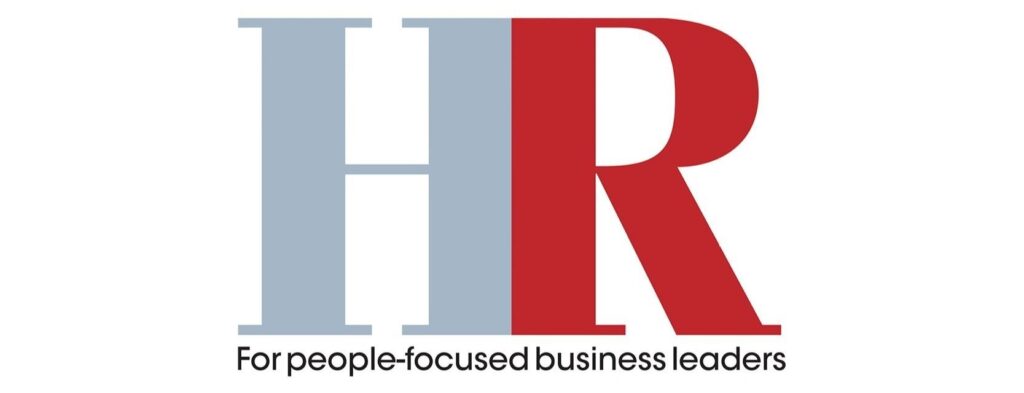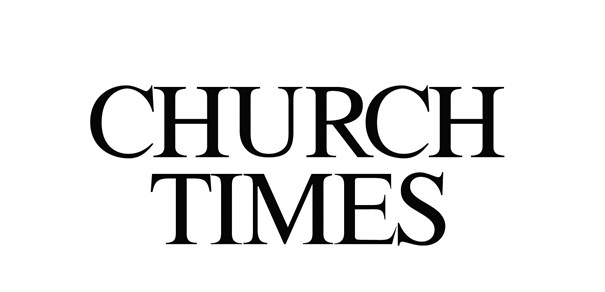Trust plays a crucial role in all business operations, with remote employees requiring an extra measure of trust. Managers must rely on remote workers to demonstrate productivity and dedication to meeting expectations, despite the absence of regular in-person interactions common in traditional office settings. Simultaneously, employees should be able to carry out their tasks without the added stress or apprehension of constant monitoring.
According to Duff, implementing tracking and surveillance within remote teams may offer leaders and organizations basic work-related data but can erode trust within the employee-leader relationship. The use of surveillance implies a lack of trust in this working relationship, discouraging employees from investing in building trust and instead simply focusing on completing their assigned tasks.







